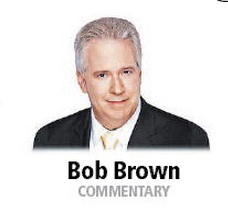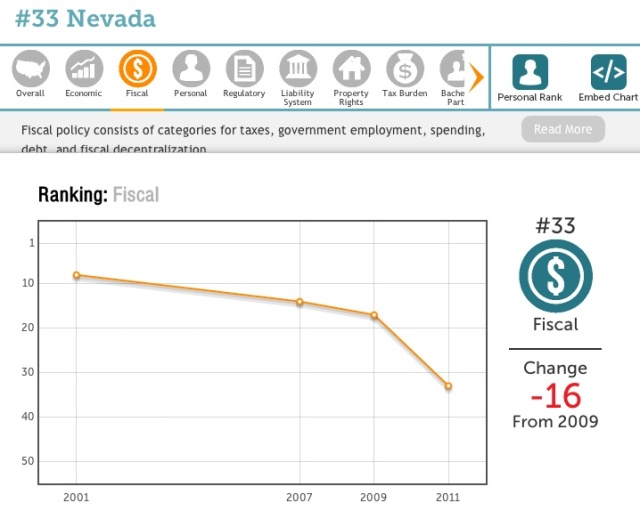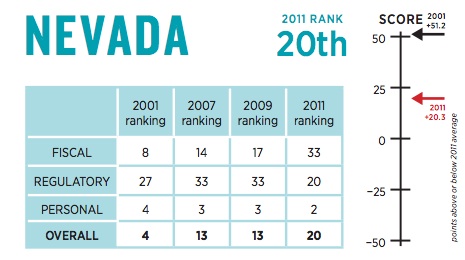Most journalists know the moral of the story about Mitch Albom’s fictitious column.
In April 2005, the Detroit Free Press’ star sports columnist wrote in a Sunday column about how two former Michigan State basketball players, both then in the NBA, attended a Final Four semifinal game on Saturday night and wore Michigan State green to show their support.
But the column ran in a section of the paper that was printed before the game started, and the two NBA alums were no-shows.
For writing fiction in the guise of journalism, Albom was suspended without pay for several weeks and four other staffers were “disciplined.”
In a front page letter to readers publisher and editor Carole Leigh Hutton apologized for the fabrication.
In a column Albom apologized too, “Perhaps it seems as a small detail to you … but details are the backbone of journalism, and planning to be somewhere is not the same as being there.”
I said most journalists know the moral of the story, but no all.
In today’s Las Vegas Review-Journal, publisher Bob Brown prints a homily under the headline: “We all share responsibility to spread Easter good will.”
In the column he writes: “But as I sit here in St. Anthony’s Church this morning, looking around at the bright young faces, dressed in their finest clothes, I am reminded of a simple truth: The message that ‘God is love’ transcends all conflict.”
Of course, the presses rolled long before the earliest of Easter Sunday services. And he may well have been in amen corner this morning while most people were reading the column and there may well have been “bright young faces, dressed in their finest clothes” along with the rest of their bodies, but he committed the sin of Mitch Albom.
I doubt the publisher will be suspended, like Albom was, for this journalistic transgression. Nor do I expect a front page apology. After all is was a “small detail.”










